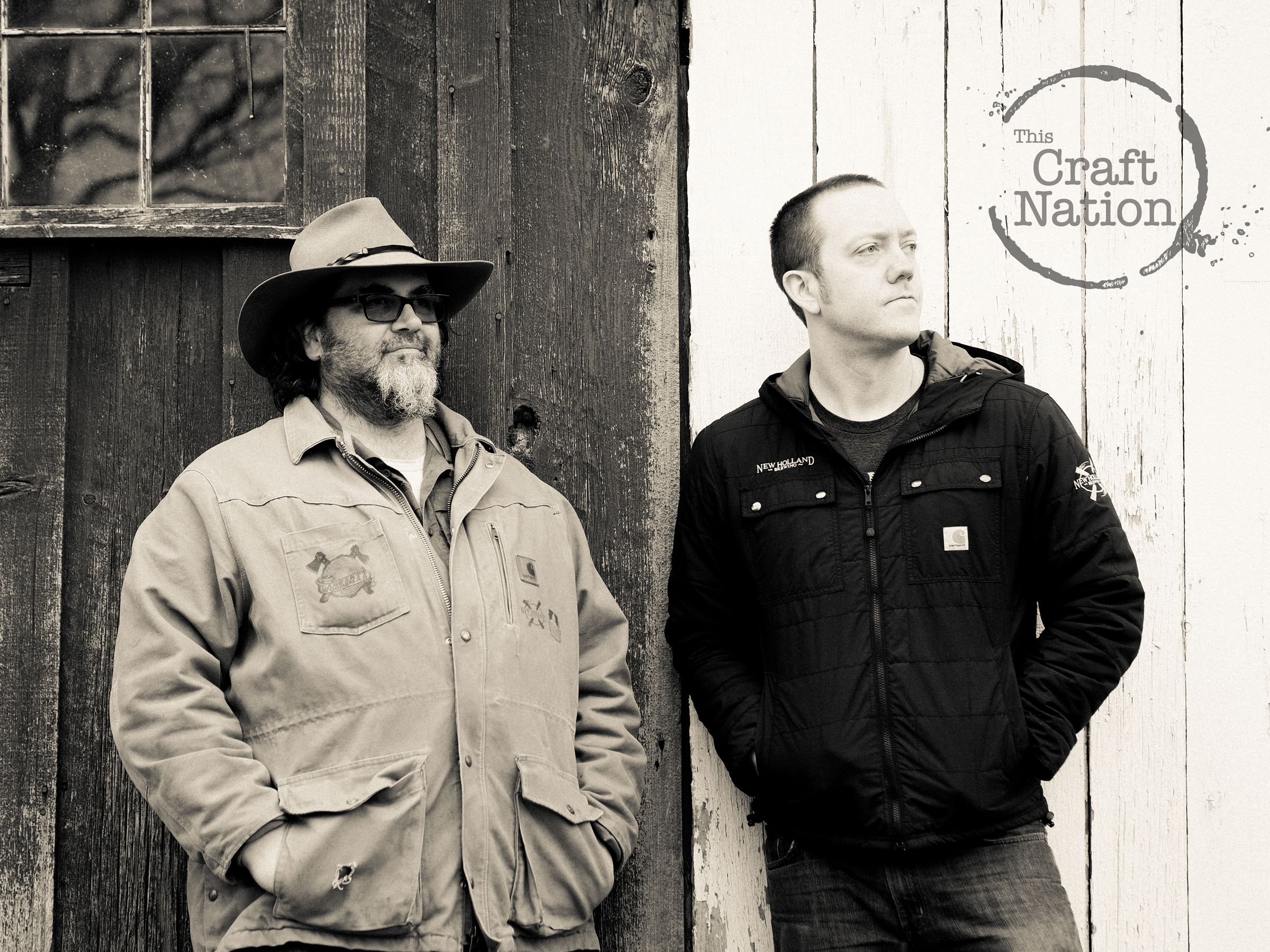
Fred Bueltmann Departs New Holland
New Holland Brewing partner Fred Bueltmann has stepped down from his role as VP of brand and lifestyle, the Michigan-based beer manufacturer announced last week.
Bueltmann, who acquired a minority stake in the brewery after joining in 2004, will maintain a seat on New Holland’s board of advisors and serve as an independent consultant, a press release noted.
“Fred’s leadership, guidance, and respect in the industry has been a remarkable asset to me personally [and] the company,” New Holland co-founder Brett Vanderkamp said in the release. “I wish Fred well on his new exciting venture.”
Earlier this year, Bueltmann, along with freelance artist Kyle Bice, embarked on a month-long road trip, touring the United States via Amtrak in an effort to “understand the makers movement and craft renaissance.” The pair is currently completing a book, “This Craft Nation,” which documents their experiences on the road.
A New Holland spokesman could not immediately confirm whether Bueltmann retained any portion of his minority interest following his exit.
Michelle Sullivan Leaves Boston Beer

Boston Beer has confirmed that Michelle Sullivan, the head of marketing for its flavored malt beverage division, has departed the brewery after 17 years.
Sullivan, who left to “explore other professional opportunities,” oversaw marketing for Twisted Tea and the increasingly popular Truly Spiked and Sparkling hard water line. She also previously served as the company’s senior director of corporate communications and external relations.
She currently holds a board seat on the Massachusetts Brewers Guild, representing Boston Beer and leading the guild’s government affairs committee. As a guild representative, Sullivan has been an instrumental voice for small brewers, advocating for craft-friendly franchise law reform.
“Our assertion is that the wholesalers shouldn’t be deciding what works for craft brewers to grow their business,” she told Brewbound in May.
A Boston Beer spokeswoman confirmed that Sullivan would continue to represent the company on the Massachusetts Brewers Guild. She will also work with Boston Beer on an advisory basis, and continue to support the company’s “government relations efforts on a state and federal level.”

Australian Beer Drinkers Want Ownership Transparency, Too
U.S. beer consumers aren’t the only ones who value independence.
A recent study of 17,000 Australian beer drinkers, commissioned by craft beer retailer “Beer Cartel,” has revealed that consumers down under have a “strong preference” for independently owned breweries.
According to the study, 64 percent of respondents want to know “who owns the beer they’re drinking.”
Additionally, 99 percent of those surveyed said they were “happy to buy” craft beer from an indie brewery, compared to just 23 percent who were “happy to buy” from a large company.
“Craft beer is an artisanal product that is produced by skilled workers using the best ingredients possible,” Richard Kelsey, the director of Beer Cartel said in a press release. “There is a story behind the beers and the brewery that makes them. Independent ownership is a part of this story that drinkers buy into.”
Another interesting result of the Beer Cartel survey? A staggering 82 percent of the 17,000 Australian craft beer drinkers surveyed indicated that an “independent brewers seal” would have a “medium to large impact” on their purchases.
In June, the Brewers Association — a not-for-profit trade group representing the interests of small and independent U.S. craft breweries – debuted an official “independent craft brewer seal” that more than 2,000 beer companies have since adopted.
The BA created the seal in hopes that companies who meet the organization’s definition of what it means to be “independent” would place it on packaging, marketing materials, merchandise, websites and in taproom windows, among other places.
A similar study, co-developed by Brewbound and Nielsen earlier this year, showed that 81 percent of U.S. craft beer consumers were familiar with the terms “independent” and “independently owned.”

Short’s Scales Back Distribution
About 18 months after permanently expanding distribution outside of Michigan for the first time, Short’s Brewing last week announced that it would cease distributing its beer to Pennsylvania due to growing demand in its home state.
“Currently, about 80 percent of our product is hitting shelves in a week, and many times, the next day,” Short’s partner Scott Newman-Bale said via a press release.
As a result, the company has dealt with “low inventory levels” and a need to increase supply to a “manageable levels.”
The company – which trademarked the phrase ‘Michigan Only, Michigan Forever‘ — initially broadened distribution to Pennsylvania and Illinois. At the time, the company said the need to continue achieving “sustainable growth” amongst an increasing number of small competitors drove its decision to embark out of state.
“With the market getting more competitive, we aren’t sure what Michigan will take,” CFO Brian Beckwith said at the time.
Additional footprint adjustments could also be on the way, the company noted.
The news comes shortly after the company sold a 20 percent stake to Lagunitas U.S. Holdings (LUSH), a wholly owned subsidiary of Heineken International, in July.